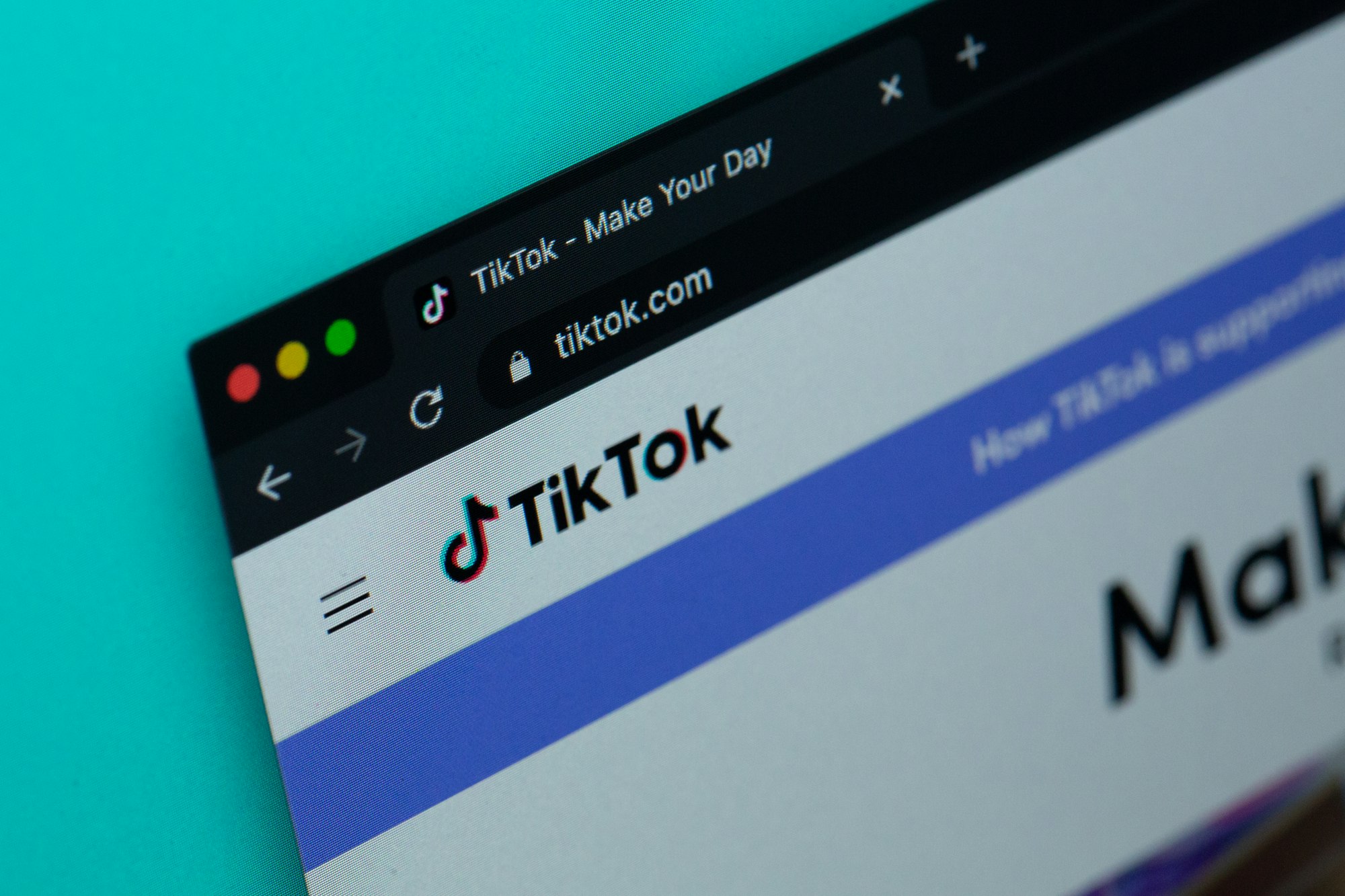Here's Where Social VR Users Are Going After Twitter's Meltdown
Elon Musk's latest announcement has Twitter users fleeing. What happens now?

This morning, Elon Musk announced a new limit for non-subscribers on Twitter: you can only read 600 posts a day unless you fork over some dough for account verification. For many, that's the writing on the wall to finally leave.
Using social VR means staying connected through news feeds for information on events, product releases, and new interest groups. While there are several ways to do this, Twitter was the most popular method for a long time. Now that the website is losing users fast, it can be confusing to know where to go. The big question: what's everyone else going with?
Here are the options we've seen most users pick so far. Choose what's right for you.
BONUS: If you're a VR content creator/journalist and are unsure of your options for advertising work, stick around. We've got an extra suggestion for you.
The Metaculture is currently available to follow on Bluesky, Twitter, Instagram, Tiktok, and as a VRChat group. We also have a newsletter if you prefer new articles in your inbox.

Bluesky
If you can actually get in, you're golden. Bluesky is currently the social media platform of choice for social VR users. It works in pretty much the same way Twitter does, but with 100% less Musk. VR users are currently filtering in and following one another for community support.
To be clear: Bluesky is the most desired social site to be on, but that doesn't mean it's actually as populated as the second choice (Instagram).
The problem: Bluesky is still in beta and limited in invites. They seem to be trying to speed up the process of allowing more signups, but the resulting stress on their servers also makes them periodically hit the brakes. Hopefully they can get more support and throw open the doors to everyone soon.
Instagram is a popular alternate website for social VR users. Most casual interviews with community members still deciding where to go, results in the opinion that Tiktok has too many privacy worries to be a first choice. With Twitter falling from grace and Bluesky still being invite-only, Instagram currently takes the top spot as the cozy place to register.
The problem: Instagram doesn't support thread-style conversations. That means it will always be a different sort of home than Twitter was. Social VR users can be a chatty bunch, especially if you ask for their opinions on hardware or platform management. Meta is currently working on an app that caters to the Twitter crowd, but can they release it in time to redirect interest away from Bluesky?
Mastodon
Long before Twitter's earliest signs of trouble, Mastodon formed its Fediverse. Mastodon is a decentralized, thread-adjacent social network with self-hosting capabilities. The self-sufficiency it allows users to have means it's attractive to the hardier crowds of the VR community.
The problem: Mastodon's discovery system isn't great. It's hard to find interesting things to follow, and hashtags are almost mandatory on every post just to show up adequately on the Explore feed. Being on Mastodon is like living in the "rural" end of social VR with communication. However, if all of your friends are on there, that won't really bother you.

TikTok
If you enjoy posting and watching shortform videos, Tiktok is for you. It specializes in this, although fewer people are aware it also does picture posts pretty well. Rival app Instagram allows music to be set to singular image posts, but Tiktok lets you set songs for entire groups of pictures. You know who takes advantage of that? Everyone--photographers, shitposting accounts, and those weird liminal vibe accounts that put a book's worth of interesting information in the caption.
The problem: Tiktok has a niche, edgy vibe to it with the VR community. It also has a bunch of issues with privacy and censorship. Instagram ends up being the social VR user's preference over Tiktok for this reason.
Discord
If you really want to get to know the ins and outs of social VR, Discord ultimately ends up becoming part of that experience. Servers like VRChat Party Hub are essential for keeping up with news on music-themed events.
The problem: Joining Discord servers to keep up with so much information can be overwhelming. There's no central app calendar for all server events to see at a glance, and setting a reminder for a server event doesn't mean you'll always remember to go. It can become too much to deal with after a while, resulting in users cutting back on joined servers altogether.
Platform-Hosted Groups
Social VR platforms, such as VRChat and Rec Room, feature in-game groups for keeping abreast of information and hosting events. This is absolutely instrumental during a time when sites like Twitter and Reddit are proving to be unstable.
The problem: There can be limits to how many groups one can join on their chosen platform. Select your groups wisely.
They Aren't Joining At All
There's a lingering question in the mind of some users right now: why not walk away from social media? If you can join information groups on a VR platform you like, why not ditch social media altogether? You don't need it to enjoy social VR, and you'd certainly deal with a lot less drama without it. That's exactly what a smaller number of users are trying right now. It's the summer anyway, so it's the perfect time for a social media sabbatical.
The problem: It's strange to say, but a lack of any sort of community connection can make you lose touch with other users. You'd literally only see them when you log in. Unless you do that a considerable amount, you are slowly guaranteed to drift away from anyone you meet in-world.

Content Creators And Writers Should Also Probably Try Out Flipboard
Flipboard is a social magazine app that lets users "flip" through various news and video content to find things of interest. It's been a great place to check out different news feeds without knowing how to manually add an RSS from a website.
But what's missing there, are more nuanced VR articles to read. A search for "virtual reality", abbreviated and phrased in different ways, finds mostly mainstream articles about headsets and plugin releases. The VR community can certainly do better with representation there.
Flipboard's integration with Bluesky and Mastodon means users can find what you're publishing by following news feeds organized by topic. For a still-niche subject like VR, this means your work can come across more eyes.
To read about how Flipboard works and getting started, visit here.
